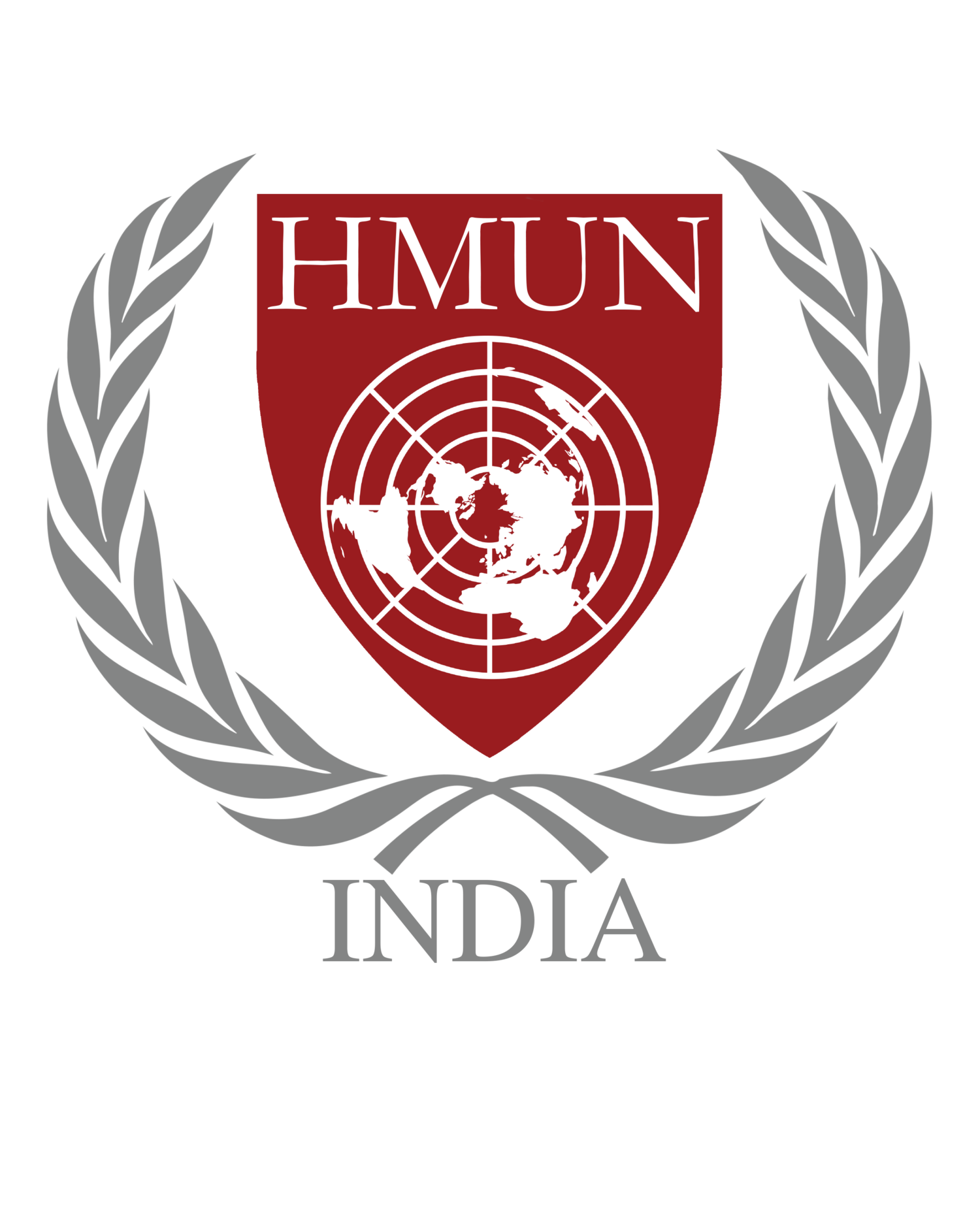Arctic Council
(Single Delegation)
Topic: Mitigating the Effects of Climate Change on Resource Explotation, Expanding Foreign Influence,
and Indigenous Rights to Arctic Land
About
Despite its freezing temperatures, the Arctic region is a hotbed of critical issues that promise to shape not only the future of the region, but the future of the world.
The arctic region possesses many valuable natural resources, ranging from oil, gas, and minerals, to biological resources like fisheries and reindeer. As climate change hastens the melting of ice in the Arctic, reserves of oil, gas, minerals that were previously inaccessible are becoming increasingly available for extraction, creating serious concerns about resource depletion and associated existential issues. Oil spills, mining operations, and overfishing not only threaten the now-fragile ecosystem, but may further disrupt the livelihoods of the indigenous communities of the region who have realized Arctic resources for centuries. The Arctic Council must balance the economic opportunities found in Arctic resources with sustainability to protect the Arctic, ensuring that extraction does not result in long-term environmental effects or the continued marginalization of indigenous Arctic communities.
At the same, territorial disputes are growing more and more contentious Artic trade routes, territories, and resources become more accessible. Further, arctic boundaries are now subject to legal challenges under the United Nations Convention on the Law of the Sea as states resist historic and loosely-defined claims and boundaries. As states compete for control over strategic and resource-rich land, global tensions rise. Without clear agreement, the Arctic risks becoming a crisis point for international conflict. Further complicating the disputes, the historical exploitation of indigenous people and land in the region, as well as the extent to which modern indigenous populations hold sovereignty over their historical lands, must be determined. The Arctic Council must decide how it will intervene in Arctic territorial disputes and explore the best path forward for all parties involved.
Director
kaitlin cascio
Kaitlin is a rising sophomore studying Social Studies and Psychology that is super excited to be directing at HMUN India! She currently lives in Canaday Hall at Harvard but is originally from Alexandria, Virginia. This is Kaitlin’s first year in MUN, both competing on Harvard’s Intercollegiate Model UN team and staffing HMUN and HNMUN in Boston. She is currently a deputy director of socials for ICMUN, where she works to make sure her fellow delegates are having fun. Outside of Model UN, Kaitlin enjoys traveling, cooking food from different cuisines, reading thriller novels, painting, and is an avid New York Times-games player. Kaitlin can't wait to meet all of the delegates participating at HMUN India 2025!

